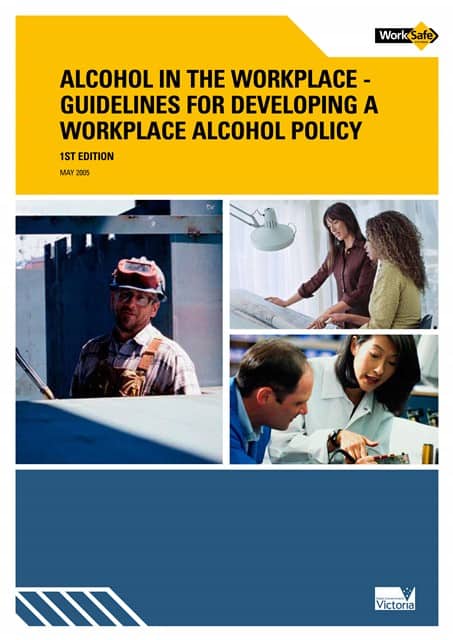The new Andrews Government in Victoria has followed through on its election pledge to abolish the Construction Compliance Code Unit (CCCU) of the Department of Treasury and Finance. It announced this in a peculiar manner within a media release on whooping cough, a process that Senator Abetz went to town on. But Premier Andrews’ decision raises the question of, if the Code is gone, what replaces it? The simply answer is nothing.
A spokesperson for the Premier advised SafetyAtWorkBlog that
“The Andrews Labor Government has delivered on its election commitment to scrap the Victorian Code of Practice for the Building and Construction Industry and its monitoring body the Construction Code Compliance Unit (CCCU).
Contractors bidding for Victorian Government work and applying for pre-qualification on construction registers will still need to meet safety and industrial relations management criteria. Contractors must also have occupational health and safety policies and procedures to meet legislative and regulatory requirements.”
This indicates a return to the previous occupational health and safety (OHS) and industrial relations (IR) processes that will include many of the issues that were intended to be resolved, or contained, by the CCCU and its Code. At that time OHS was not one of the overt IR concerns. CCCU’s (then) head Nigel Hadgkiss added the requirement of Health and Safety Management Plans to the, primarily, industrial relations Code. The removal of the Code is unlikely to have any effect on how construction companies manage safety.
Except, much was made in 2014 about the “need” to introduce drug and alcohol tests to Victorian construction projects. This “need” and the hazard of drug and alcohol induced impairment on worksite remains and the response from the Premier, to go back to the way things were, is unhelpful.
 Winding back the clock is the Premier’s choice and it seems to solve some IR concerns but it also places more attention on the Victorian Workcover Authority in terms of its strategy on impairment of construction workers and the prevention of harm from drug and alcohol use in Victorian workplaces.
Winding back the clock is the Premier’s choice and it seems to solve some IR concerns but it also places more attention on the Victorian Workcover Authority in terms of its strategy on impairment of construction workers and the prevention of harm from drug and alcohol use in Victorian workplaces.
In 2005, WorkSafe Victoria released guidelines for developing a workplace alcohol policy which, on the matter of testing, states:
“Workplace testing should only be undertaken where there are existing legislative provisions or where employers, health and safety representatives and workers and unions formally agree that it is warranted or where it might be held to be reasonable in the circumstances.” (page 9, emphasis added)
Given the trade union movement’s consistent objection to alcohol and drug testing, the quote above would indicate that the level of workplace testing is likely to remain the same.
The Premier has also put himself in an uncomfortable position on drug and alcohol testing due to his election commitment to subject Parliamentarians to random drug and alcohol testing. This commitment was largely perceived as a response to the drug and alcohol testing of construction workers. Now with the Construction Compliance Code’s abolition, it will be interesting to see if the Government implements this election pledge.

I accept your point Renata. Perhaps I should have written “nothing new”.
The previous government introduced the Construction Compliance Code to please the federal government and local (mainly large) construction companies, without mentioning names. It was a second prong in the attack on unions, in particular the construction unions, and meant that workers in the construction industry had fewer rights than other workers in other industries. Drug/alcohol testing has not been shown to be successful – the industry itself has other methods of dealing with the problem if it is indeed found to be a problem.
It was bad policy to start with – introduced without any consultation with the workers and their organisations. The Labor Party was upfront before the election – that it would abolish both the bad and unfair code and the unit established to ‘oversee’ it. The only mistake the government has made is that it didn’t announce it loudly and proudly.
Kevin, you say: “But Premier Andrews’ decision raises the question of, if the Code is gone, what replaces it? The simply answer is nothing.”
Of course, this is not correct!! Both employers and workers in the industry have duties and rights under the OHS Act and regulations – just like all other employers and all other workers in the state.